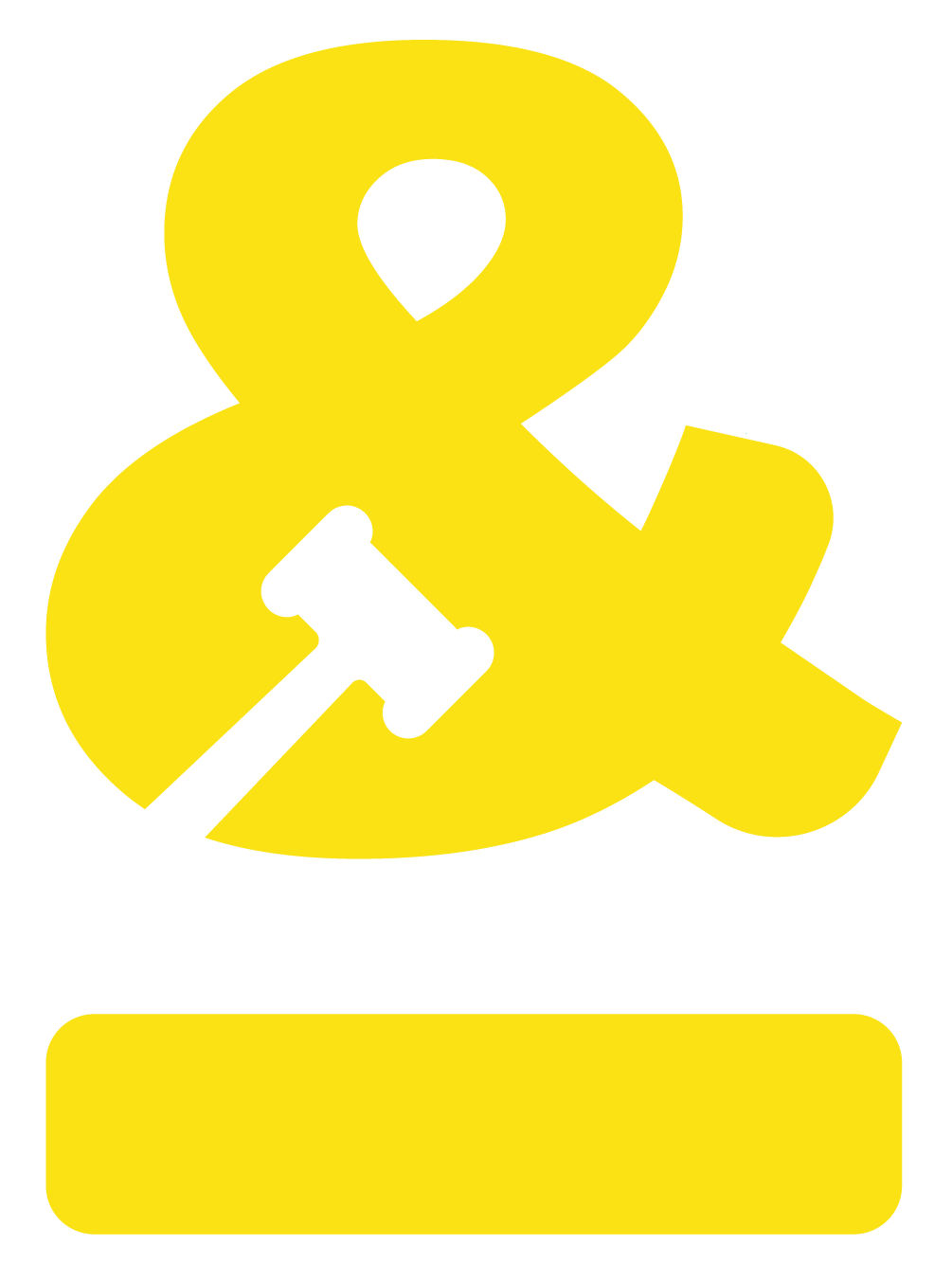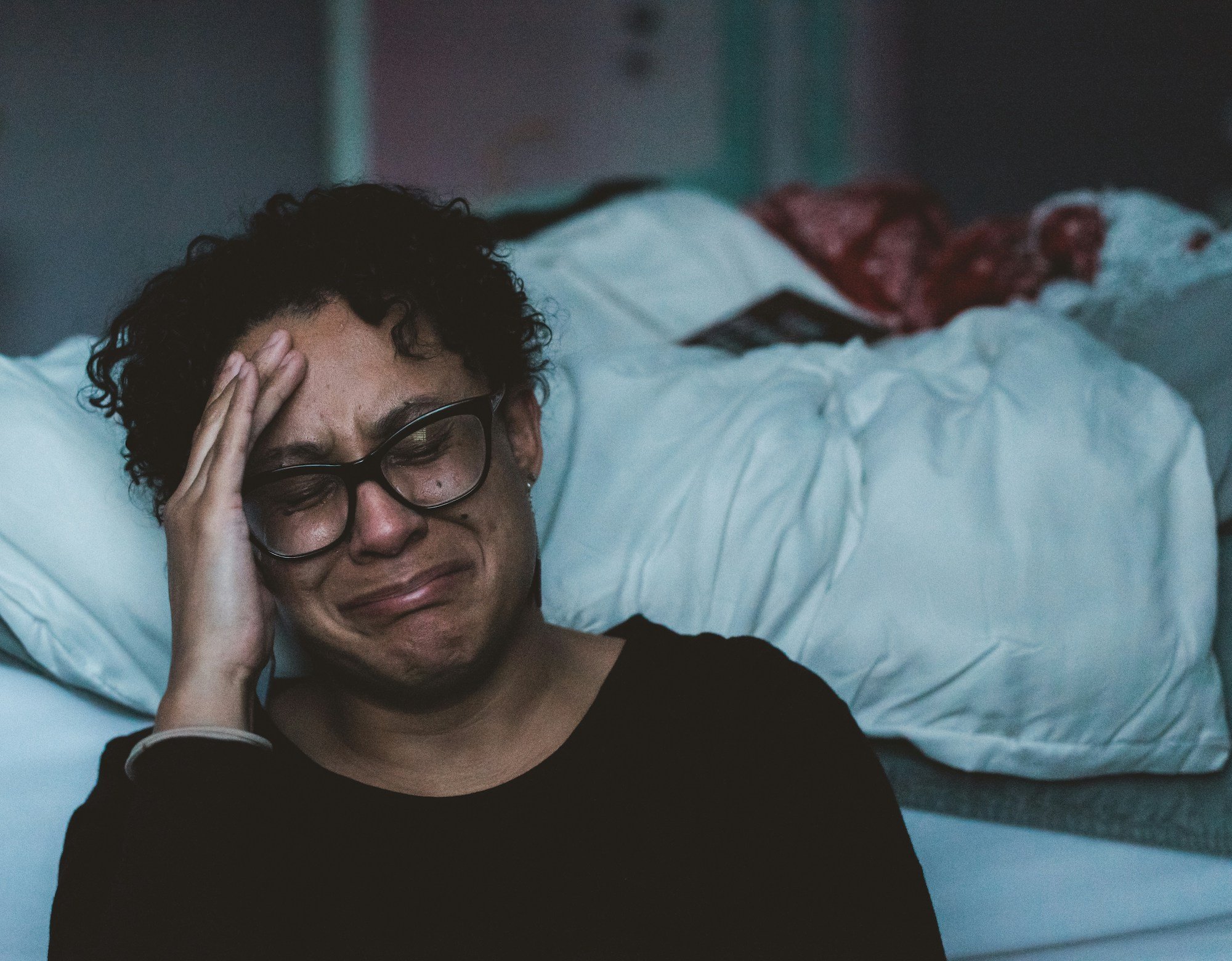Loss of Enjoyment of Life in Personal Injury Cases
While you might think of damages in personal injury cases as compensation for hospital bills or an inability to work, victims can also seek payment for non-economic damages, such as loss of enjoyment of life.
In order to attain proper compensation, you’ll need to prove the defendant’s negligence had a drastic impact on your quality of life.
Today, we are discussing the laws regarding personal injury cases in Florida and how you can sue for loss of enjoyment of life.
What is loss of enjoyment of life in a personal injury case?
In the State of Florida, you can sue for damages resulting from another party’s negligence to compensate for loss of enjoyment of life. Here is a closer look at the factors involved in these personal injury cases.
Types of injuries that fall under loss of enjoyment of life
Any permanent bodily injury resulting in pain and suffering that disrupts the victim’s standard of living can qualify a plaintiff for compensation.
Since the laws regarding loss of enjoyment of life are vague, an experienced personal injury attorney can be a plaintiff’s best resource in these cases.
Compensatory damages vs punitive damages
Compensatory damages are those that cover costs incurred directly or indirectly as a result of the defendant’s negligence. They can include both economic and non-economic expenses.
Particularly egregious offenses may allow a victim to seek punitive damages meant to punish the defendant or discourage future actions. In order to receive punitive damages, you must be able to prove the defendant’s intent or show gross negligence on their behalf.
How do you calculate loss of enjoyment of life?
According to Florida Civil Jury Instructions 501.2, there is no definitive standard for measuring losses in personal injury cases. However, compensatory damages should be “fair and just in the light of the evidence.”
Here are some of the factors to consider when building your personal injury case.
How do you prove loss of enjoyment of life?
Quantifying loss of enjoyment of life can be difficult, but it is essential to a victim seeking appropriate compensation.
Depending on the details of your personal injury case, you might have close friends or family members testify on the impact the incident in question had on your quality of life. Additionally, expert witnesses can testify to the support the valuation placed on some of the areas of recovery that are more difficult to value and calculate.
Factors that impact the court’s decision
The fact-finder considers many factors when determining compensation for loss of enjoyment of life. These include, but are not limited to, the following:
The severity of injuries inflicted upon the plaintiff
The plaintiff’s age, location, income, education level, and other demographic information
The activities limited by the injuries
Future impacts of these injuries
For example, say a 35-year-old charter boat captain making $100,000 per year is seriously injured at a marina that failed to maintain its infrastructure properly. The charter captain is accustomed to traveling twice a year with his family, exercising regularly, and volunteering with a local non-profit organization.
However, this injury has left him in a wheelchair. He can no longer work, travel, or give back to his community. All of these factors will be considered by the court, jury, or other fact-finder during his personal injury trial against the marina.
Other elements can include the ability to cook, care for children and other dependents, maintain your home, and do other day-to-day activities you may not think about until you’re the victim of negligence.
Types of damages awarded in loss of enjoyment of life cases
Compensatory damages in a personal injury case include both economic and non-economic damages. Here’s a closer look at these two categories.
Economic damages
Economic damages are the financial losses caused by the defendant. They are easy to quantify and often include bills and receipts. Economic damages might include hospital bills, destruction of property, loss of work, and other monetary expenses.
Non-economic damages
Compensatory damages also include non-economic damages, such as loss of enjoyment of life, emotional distress, and pain and suffering. Other factors may include loss of companionship, mental anguish, physical impairment, or even simple inconvenience.
Consult with the team at Busciglio Sheridan & Schoeb today
If you have been injured due to another party’s negligence, an experienced personal injury attorney will be your greatest ally in the courtroom.
At Busciglio Sheridan & Schoeb, we are committed to helping our clients seek justice in personal injury cases. We understand that damages in personal injury cases go far beyond hospital bills, and we will fight to help you attain the compensation you rightfully deserve.
Contact us today to learn how our trusted attorneys can help you fight your personal injury case!


